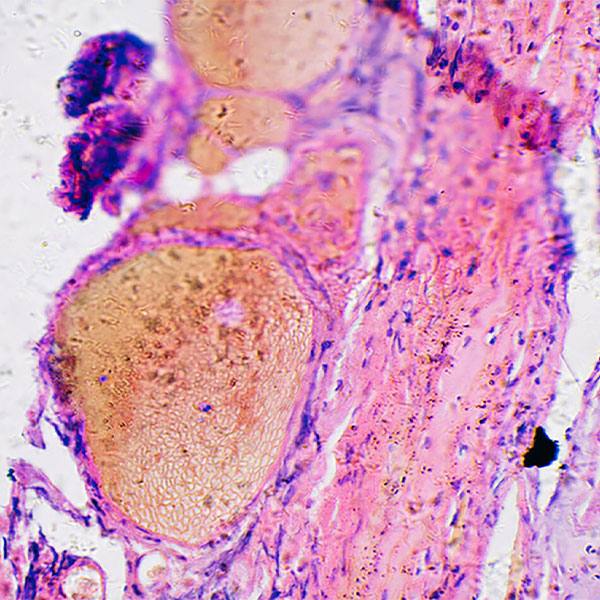-
Featured News
Consumer Health: When is a hangover an emergency?

During the holiday season, it may seem like opportunities to celebrate are everywhere, and alcohol is often part of the festivities. When it comes to alcohol, though, the key is moderation. Besides the long-term risks of alcohol use, an immediate consequence is often a hangover.
What is a hangover?
A hangover is a group of unpleasant signs and symptoms that can develop after drinking too much alcohol. As a general rule, the more alcohol you drink, the more likely you are to have a hangover the next day. But no magic formula can tell you how much you can drink and still avoid a hangover.
Hangover signs and symptoms typically begin when your blood alcohol content drops significantly and is at or near zero. They're usually in full effect the morning after a night of heavy drinking and can include fatigue, excessive thirst, dry mouth, headache, and nausea.
However unpleasant, most hangovers go away on their own. In the meantime, you can ease the discomfort by taking these measures.
When is a hangover an emergency?
Severe signs and symptoms that accompany heavy drinking may indicate alcohol poisoning, which is a life-threatening emergency.
Signs and symptoms that may indicate alcohol poisoning include:
- Confusion
- Vomiting
- Seizures
- Slow breathing (less than eight breaths per minute)
- Irregular breathing (a gap of more than 10 seconds between breaths)
- Blue-tinged or pale skin
- Low body temperature
- Difficulty remaining conscious
- Passing out and can't be awakened
A person who is unconscious or can't be awakened is at risk of dying. If you suspect that someone has alcohol poisoning — even if you don't see the classic signs and symptoms — seek immediate medical care.
Are you concerned about your alcohol use?
Alcohol use disorder is a pattern of alcohol use that involves problems controlling your drinking, being preoccupied with alcohol, or continuing to use alcohol, even when it causes problems. This disorder also involves having to drink more to get the same effect or having withdrawal symptoms when you rapidly decrease or stop drinking. Alcohol use disorder includes a level of drinking called alcoholism.
Treatment for alcohol use disorder can vary, depending on your needs. Treatment may involve a brief intervention, individual or group counseling, an outpatient program, or a residential inpatient stay. The goal of treatment is to stop alcohol use to improve quality of life.
Connect with others talking about holidays, celebrations, and drinking in the Addiction & Recovery support group on Mayo Clinic Connect, an online patient community moderated by Mayo Clinic.







